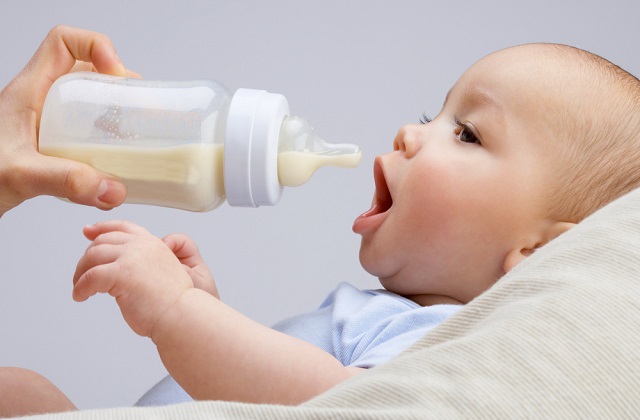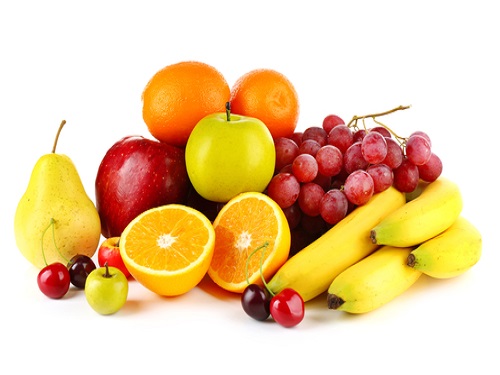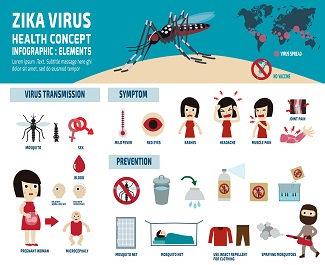Different mothers may have different reasons for choosing to feed their babies exclusively with pumped breast milk. Reasons can include the following:
- Premature baby who is not able to latch onto breast.
- Personal preference
- Baby has issue with breastfeeding such as baby has tongue tie, cleft palate
Pumping helps babies to enjoy the benefits of breast milk which include better immune system, lower risk of obesity, cancer and other diseases.
When do I start the first pump?
You can use a breast pump soon after delivery, as desired. Early and regular stimulation of the breast encourages the breast milk production.
After vaginal delivery or a routine cesarean section, a woman will need to be cleaned up and changed which can take some time. The use of a breast pump during this period is impossible.
After the baby is born and delivery procedures are complete, the doctor may allow you to use a breast pump. However, if you are feeling weak, tired or uncomfortable after birth delivery, you may want to wait for one hour or two. Delaying breast stimulation for a few hours after delivery is unlikely to have an adverse effect on lactation.
In situations where a baby is unable to latch for various reasons and a breast pump is not available. nipple stimulation by hand can help to encourage milk production.
Do remember to bring your breast pump if you delivery before your baby reaches full term.
How often should I pump?
When your baby is under three months of age, it is recommended that you pump once in every two to three hours, or 8 to 10 times a day if you decide to pump exclusively. This is the frequency whereby most newborns will need to be fed in the first three months.
Do not skip pumping at night. This is because the highest levels of milk production (prolactin) actually occurs between 1:00am and 5:00am in a day. If you skip pumping at night, your breast milk supply may be adversely affected.
Once your breast milk production is established which usually occurs when the baby reaches 3 months of age, number of pumping session can be reduced to 5 or 6 times a day. Before you reduce the frequency, do check the amount of the breast milk you can produce when your baby is 3 months old. When you reduce the frequency, make sure your breast is still producing the same amount of breast milk as before.
How long should I pump for?
If you are exclusively pumping, you should be pumping for about 120 minutes per day. In the first three months after birth of your baby, you should pump for about 15 minutes to 20 minutes for each session.
However, if you experience low milk supply and you like to increase the amount, it will be good if you can increase the duration slightly by 2 to 3 minutes.
If you have oversupply of breast milk, you may want to reduce the duration. This could signal to the body that you have an oversupply of breast milk and the body will react by producing less breast milk to match the demand.
How much breast milk should I get each time I pump?
This will vary from time to time.
You would probably pump a small amount like 3ml or 4ml each time on the first day. This amount will gradually increase to about 90ml each time when your baby reaches 3 months old of age.
Ideally, you should just pump enough for your baby’s need.
It should be noted that many mothers have reported that they are able to pump more breast milk in the morning.
How long can I store my freshly expressed milk?
This will depend on the temperature of the surrounding where your expressed milk is stored. The following is a guideline.
* At room temp: 4-6 hours
* In the refrigerator: up to a week
* In the freezer above or below a refrigerator: up to 3 months
* In a deep freezer: 6-12 months
* Once defrosted milk is thawed, it must be used within 24hrs.
How can I increase pumping output?
To speed milk production, the key is to give your breast more stimulation and remove milk from the breast completely.
In general, by Increasing frequency of pumping or increasing the duration of each pumping session, you are giving the breast enough stimulation to produce more milk.
By increasing the frequency and duration, you also make sure you empty the breast completely. This will send a signal to your body to produce even more breast milk to satisfy the demand.



